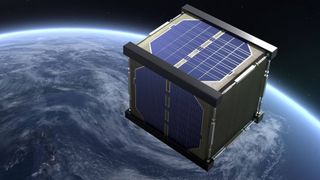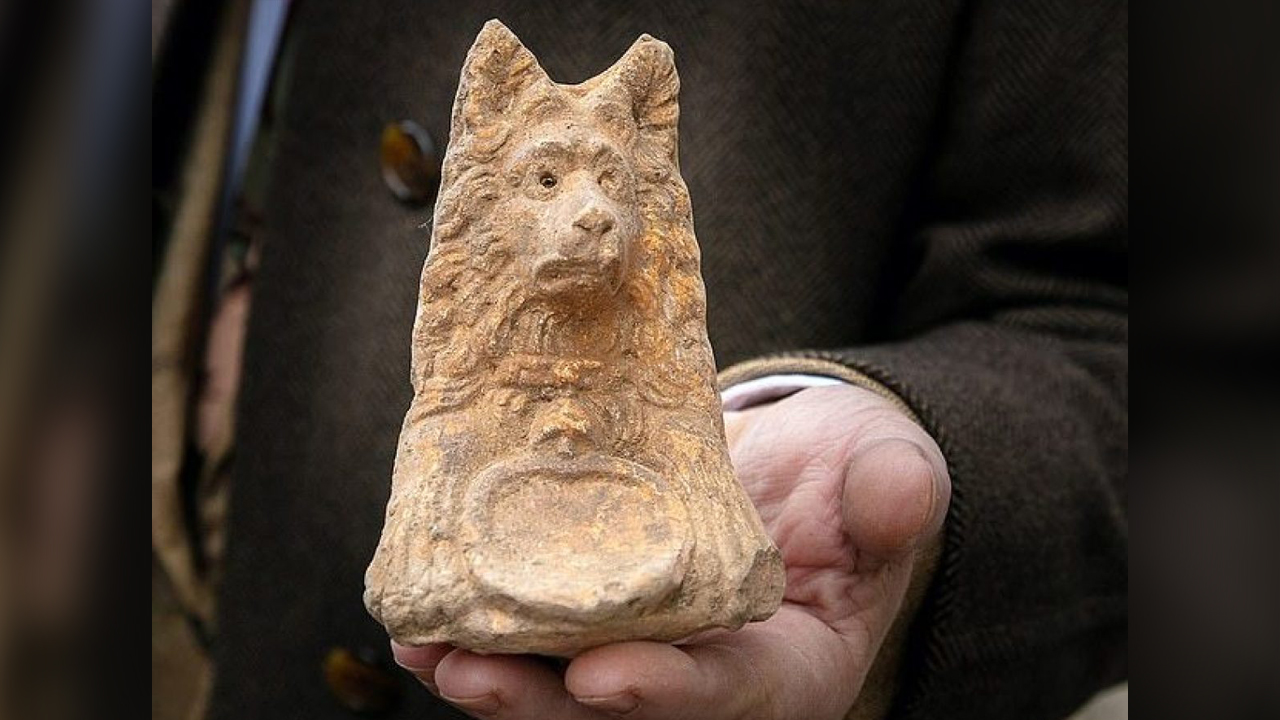
(Image credit: Kyoto University)
NASA and the Japan Aerospace Exploration Agency (JAXA) are planning to launch the world’s first wooden satellite into space in a bid to make spaceflight more sustainable.
LignoSat, a coffee mug-size satellite made from magnolia wood, is set to launch into Earth’s orbit by summer 2024, according to the space agencies.
Wood doesn’t burn or rot in the lifeless vacuum of space, but it will incinerate into a fine ash upon reentry into Earth’s atmosphere — making it a surprisingly useful, biodegradable material for future satellites. After successfully testing their wood samples aboard the International Space Station (ISS) earlier this year, the scientists believe the test satellite is fit for launch.
“Three wood specimens were tested and showed no deformation after space exposure,” the researchers said in a statement in May. “Despite the extreme environment of outer space involving significant temperature changes and exposure to intense cosmic rays and dangerous solar particles for ten months, tests confirmed no decomposition or deformations, such as cracking, warping, peeling, or surface damage.”
To decide which wood to use, the scientists sent three wood samples — magnolia, cherry or birch — to the ISS to be kept in a module that was exposed to space. The researchers settled upon magnolia because it is less likely to split or break during manufacture.
More than 9,300 tons (8,440 metric tons) of space objects — including space junk such as inoperative satellites and chunks of spent rocket stages — currently orbit Earth. But the shiny metals they are made from, such as lightweight titanium and aluminum, increase the overall brightness of the night sky by more than 10% over large parts of the planet, creating ambient light pollution that makes distant space phenomena harder to detect.
Spacecraft made from metal are also expensive and pose a threat to the ISS, other spacecraft carrying humans and — if they’re big enough to survive reentry — people on Earth too. Wooden satellites like LignoSat should theoretically be less harmful as space junk, according to the researchers.
Note: This article have been indexed to our site. We do not claim legitimacy, ownership or copyright of any of the content above. To see the article at original source Click Here













